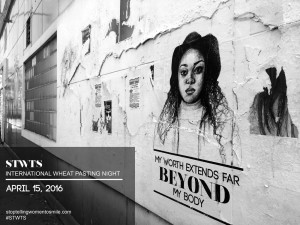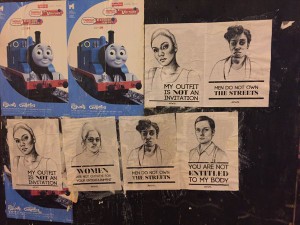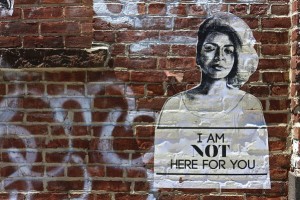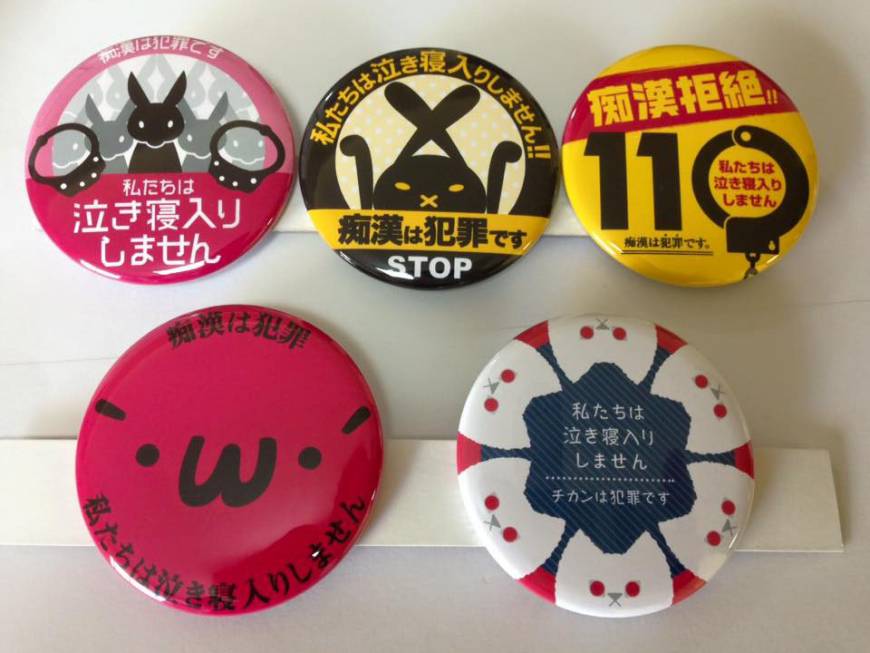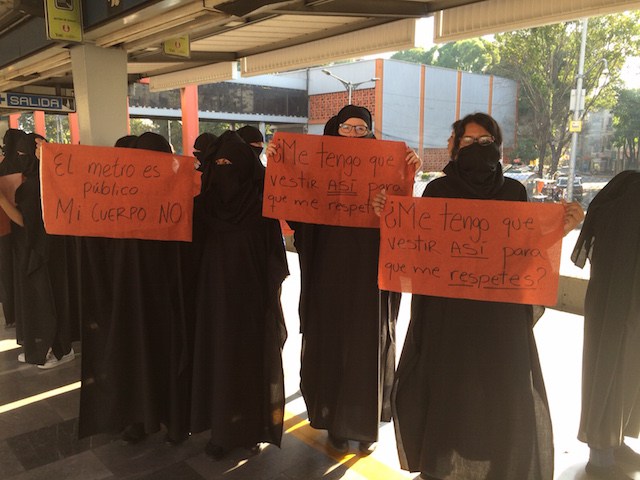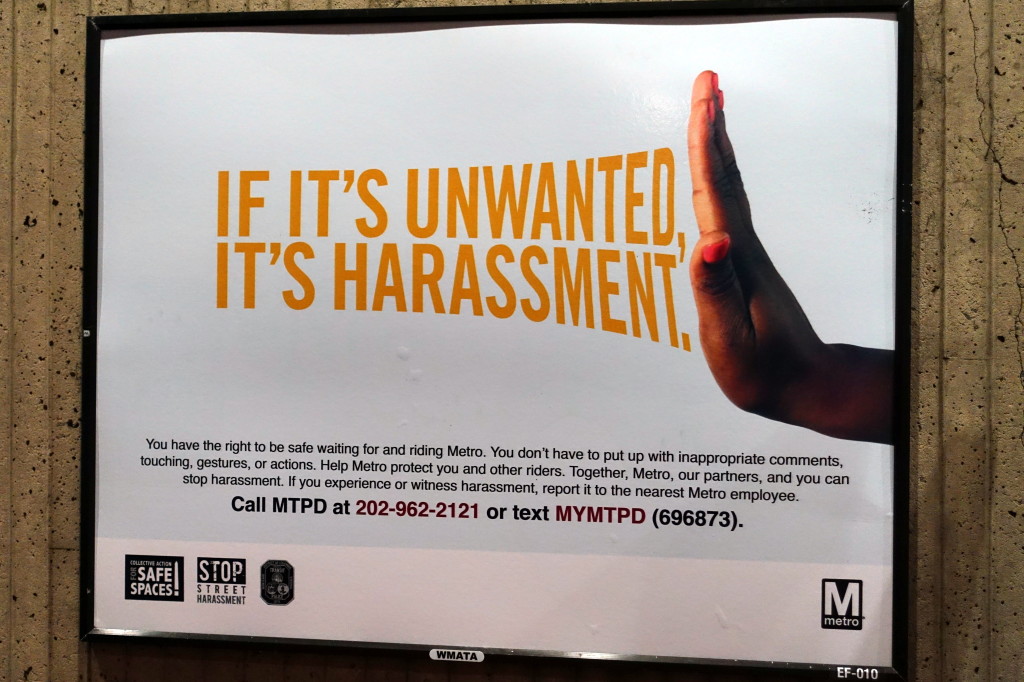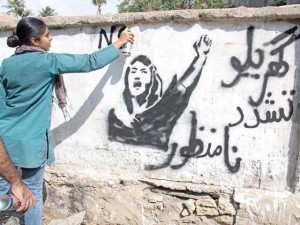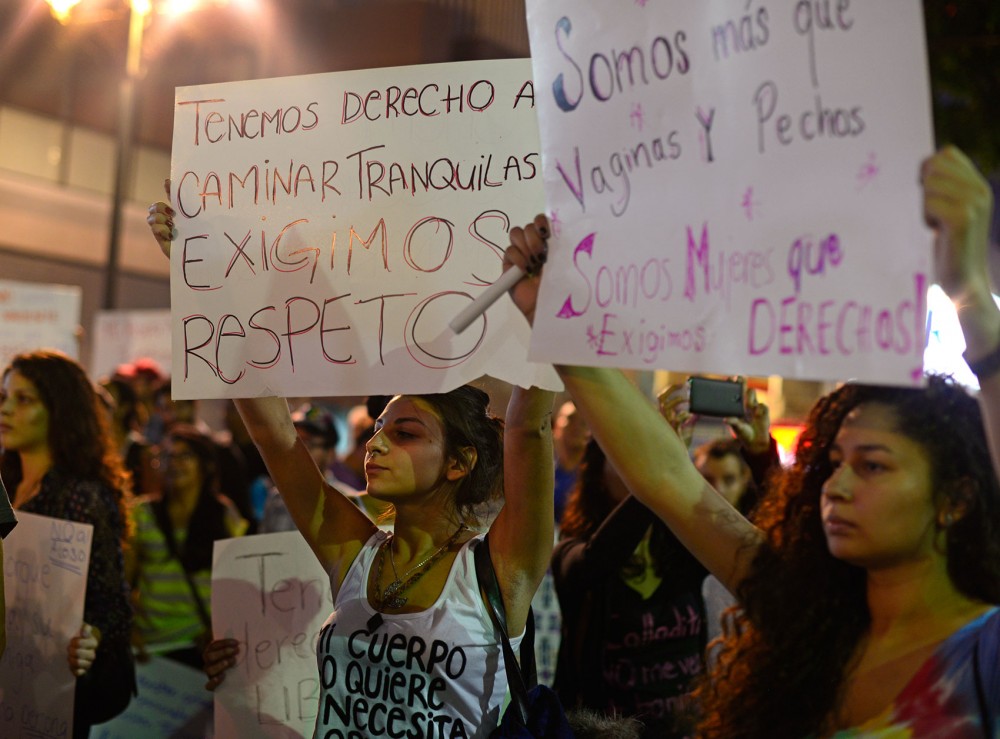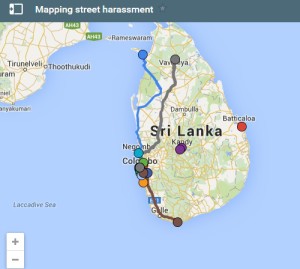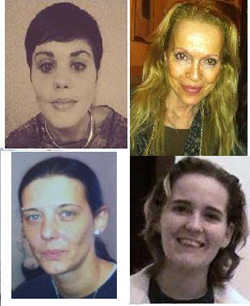Here are photos from the week | Here are the media hits
It’s the International Night of Wheatpasting, hosted by Stop Telling Women to Smile!
|
|
|
|
Here are some of the other events that will be taking place:
- Canada: Hollaback Vancouver did wheatpasting. They will also held a party with Good Night Out Vancouver to celebrate consent and spaces free from harassment.
- Canada: Hollaback Ottawa hosted a community event, including an info fair (6:30-7:30 p.m.) and a moderated panel with rad, local folks & a community discussion on street harassment and intersectionality (7:30-9 p.m.)
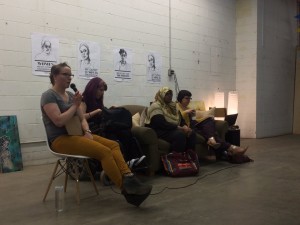
- Guatemala: OCAC Guatemala held an awareness-raising event.
 Nepal: Youth Advocacy Nepal gave a presentation of their street harassment study findings at the National Women Commission including to the deputy Prime Minister, Shrijana Sharma.
Nepal: Youth Advocacy Nepal gave a presentation of their street harassment study findings at the National Women Commission including to the deputy Prime Minister, Shrijana Sharma.
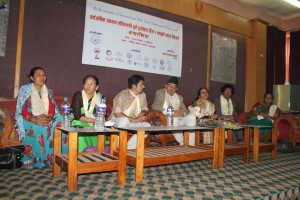 |
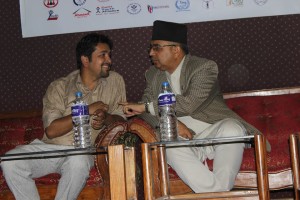 |
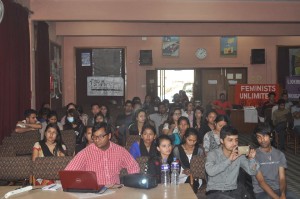 |
- California: The Cat Call Choir organized a group of irreverent but hopeful women sang street harassment quotes to the tune of nursery rhymes.
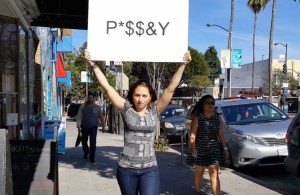
- Missouri: Students, including Actio (the feminist activism student group) at St. Louis University, did chalking and handed out resources at a main entrance to campus for a “Take Back the Streets: Stop Street Harassment” event.
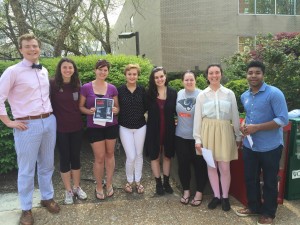 |
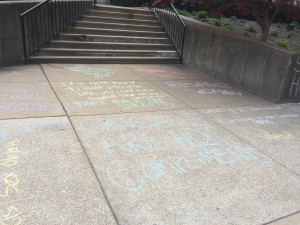 |
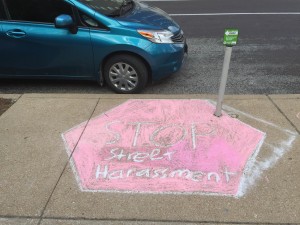 |
